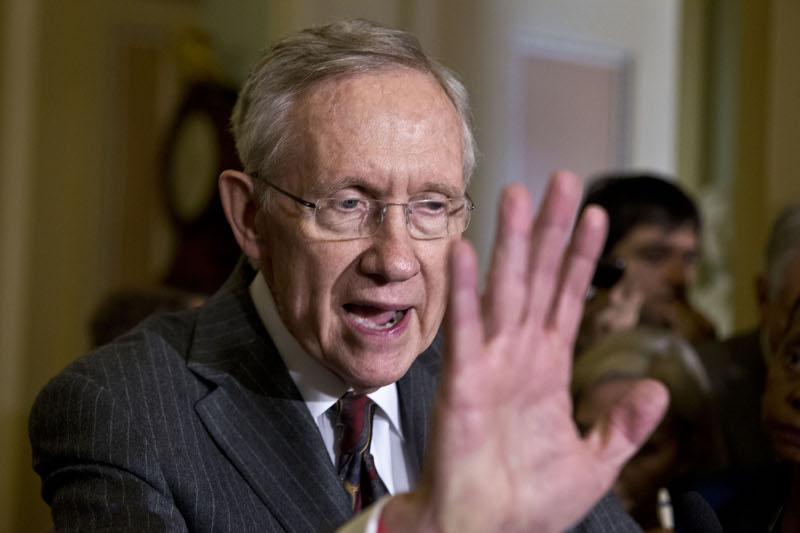Ok, a quick, but important update to the below post about whether members of Congress are trying to wiggle out of the requirement that they and their aides purchase insurance on the exchanges starting in 2014.
To sum up briefly, in 2009, members of the Senate Finance Committee adopted an amendment to their draft of the health care bill that was designed to effectively drop members of Congress and their staffs into the exchanges, just like regular individuals.
The question now is whether they’re trying to retroactively exempt themselves from that requirement, or simply trying to deal fairly with the same sort of implementation snafus that many states, etc, are experiencing on a day to day basis.
I initially came down somewhere in between. It looked to me, from the outset, as if members were trying to ease the economic impact of Obamacare on their staffers by figuring out a way to carry the federal government’s employer health benefit contribution over into the exchanges — a perk that your average self-employed person won’t get to enjoy.
Well, it turns out that the amendment, as originally conceived by Sen. Chuck Grassley (R-IA), already contemplated transferring that premium contribution into the exchanges. From a description of the amendment, which Grassley submitted to the Senate Finance Committee as its ranking member 2009: “This amendment would require that, notwithstanding any other provision of law, beginning in 2013, Members of Congress and Congressional staff must use their employer contribution (adjusted for age rating) to purchase coverage through a state-based exchange, rather than using the traditional selection of plans offered through the Federal Employees Health Benefits Plan (FEHBP).”
You can read it here on page 17.
Obviously that blurb is not legally binding. But it seems pretty clear that even Chuck Grassley — no fan of the ACA — didn’t simply want to dump junior staffers into the exchanges and let them slug it out on their own like typical uninsured individuals. He wanted their existing employer subsidies to follow them.
But the final text of the law is ambiguous. (I’ve deleted all the annoying letters and roman numerals to make it ever so slightly more readable.)
“[T]he only health plans that the Federal Government may make available to Members of Congress and congressional staff with respect to their service as a Member of Congress or congressional staff shall be health plans that are created under this Act (or an amendment made by this Act); or offered through an Exchange established under this Act (or an amendment made by this Act).”
Nothing explicit about employer contributions. Now some people on the Hill interpret this section to imply that because plans on the exchanges are being made available “with respect to their service,” the federal government’s contribution is implied. Even Chuck Grassley appears to have intended the contribution to follow each staffer and member into the exchanges. But the language is ultimately ambiguous. And so it’s now a question that the Office of Personnel Management — the body that deals with Congressional compensation, and has final say over the interpretation of this section of the ACA — will have to answer.
This post has been updated for clarity.






